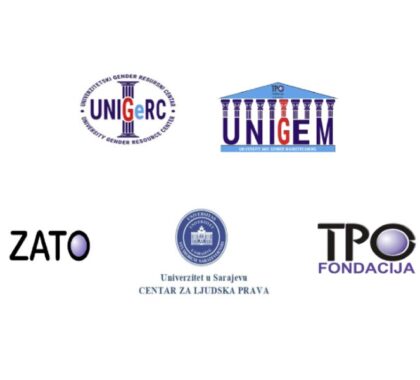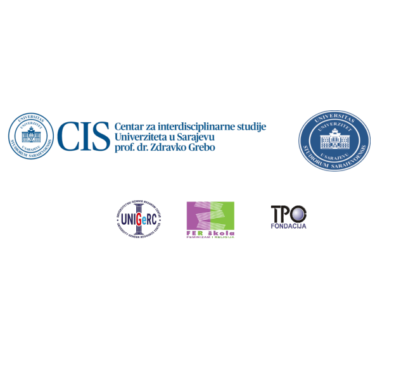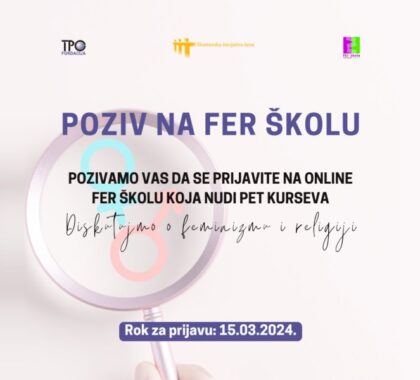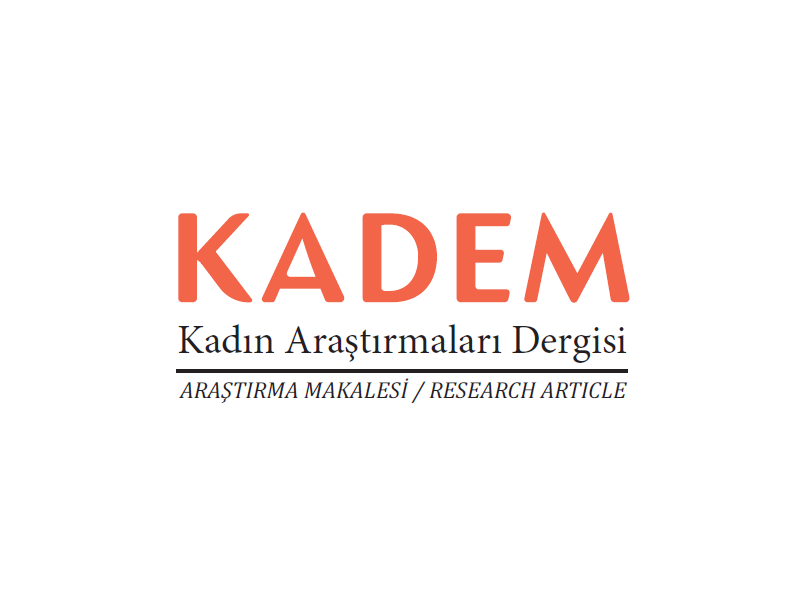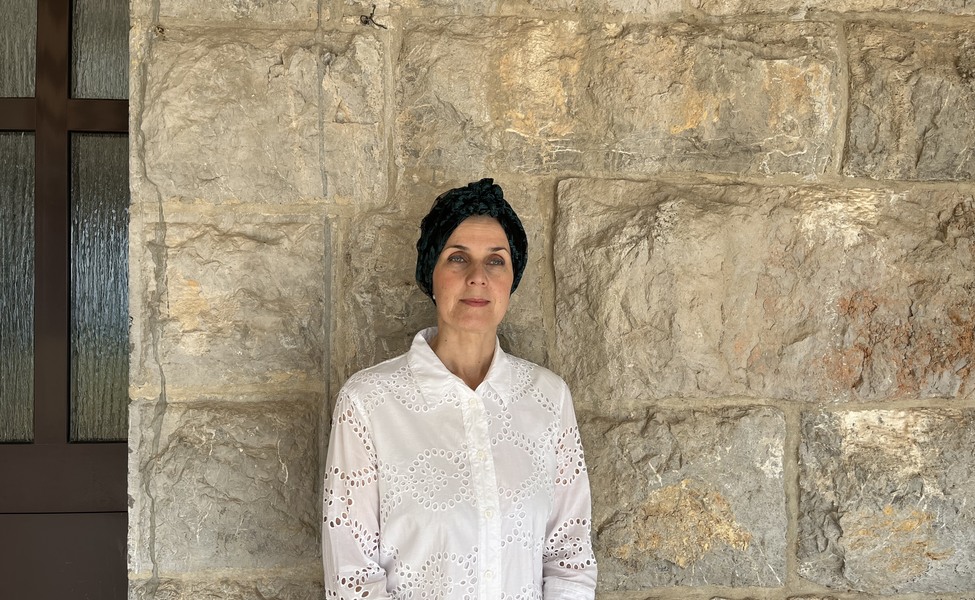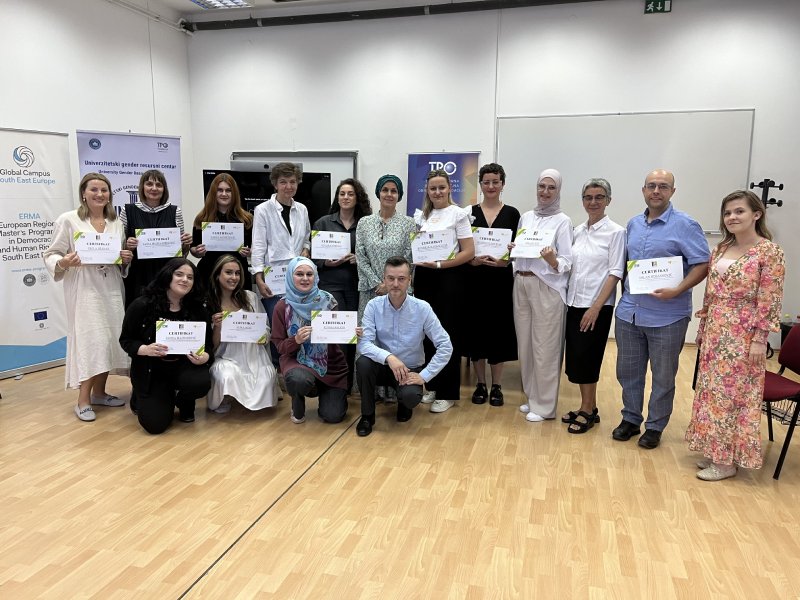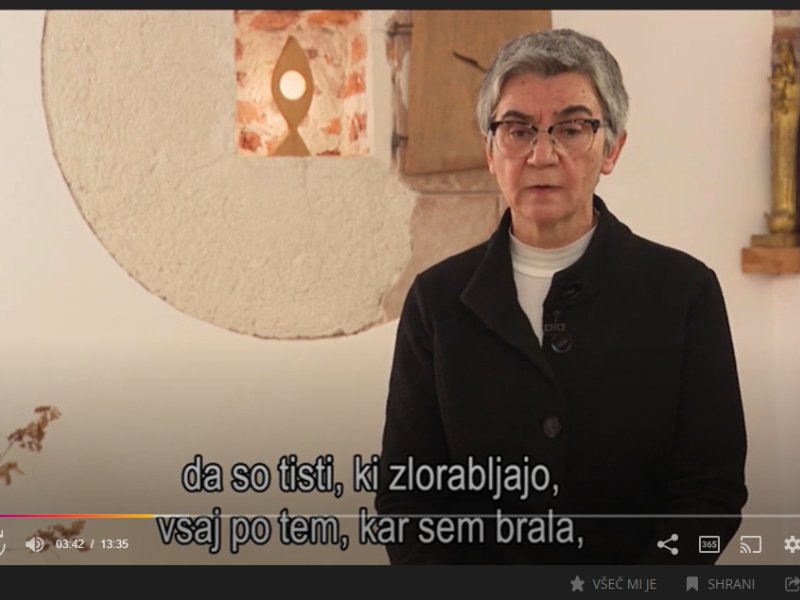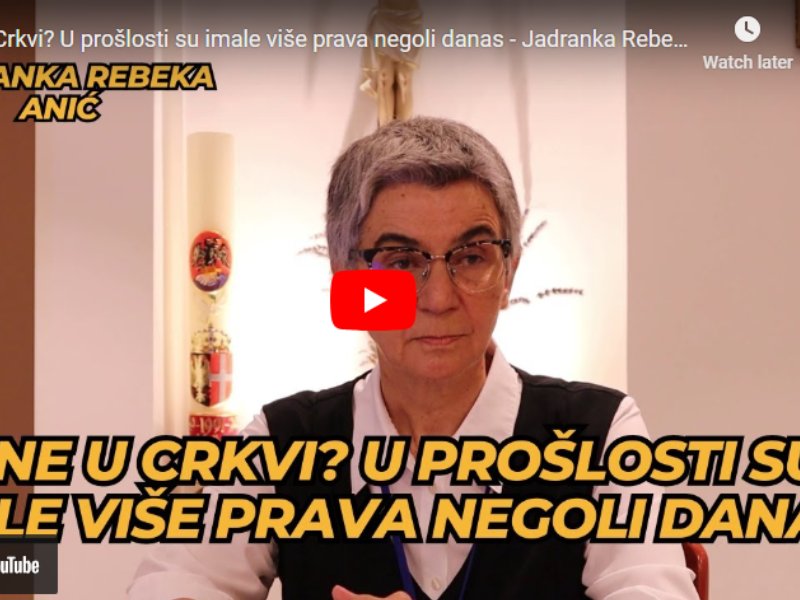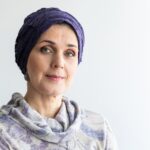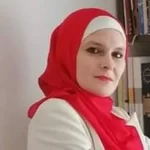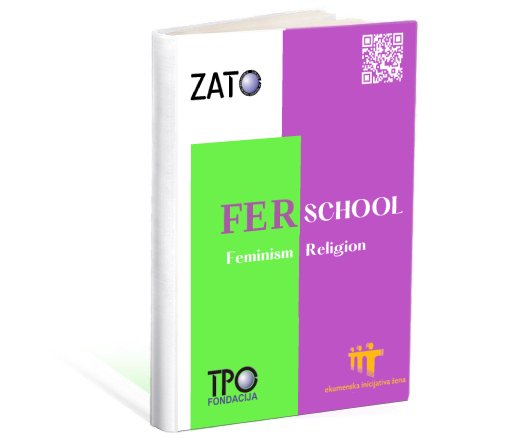FER SCHOOL
Columns
Why FER school?
The FER school is intended for everyone who wants to academically question their beliefs, attitudes, knowledge and practices about human rights and freedoms and who want to investigate how gender stereotypes shape the lives of women and men in the family and society.
The school offers courses that are created in academic propositions (30 hours of lectures and 15 hours of exercises, which is equivalent to 4 ETCS).
Participants will receive a certificate after successfully completing the course…
What is FER school?
In the countries of the former Yugoslavia, secular laws based on international norms of human rights and freedoms are in force, and at the same time, almost 90% of the population declare themselves to be believers. Does this situation necessarily lead to social dichotomy and misunderstanding? Or is it possible to open a space for learning, a dialogue where the religious meets the secular, especially when it comes to key topics, such as gender equality?
Need help using the Moodle system?
Powering hundreds of thousands of learning systems worldwide, Moodle is a system trusted by institutions and organizations large and small, including Shell, London School of Economics, State University of New York, Microsoft and more. It is used worldwide by more than 213 million users at both academic and business levels, making it the most widely used learning platform in the world.

About us
In the region of the Balkans, where almost 90 percent of people declare themselves to be believers, and where secular laws based on international norms of human rights and freedoms are in force, it is important, through the confrontation of feminist and religious perspectives, to open a space for dialogue, meeting, learning and questioning how new formulas for understanding rights and freedoms would be reached, especially for those who are a minority.
Noticing this need, v. prof. dr. Zilka Spahić Šiljak and scientific advisor Ph.D. Jadranka and Rebeka Anić created the program “Both believers and citizens”, which was implemented by the TPO Foundation in the period from 2008-2012. year, and the Ecumenical Women’s Initiative continued from 2015-2020. The great interest in this program as well as the lack of academic programs on issues of gender and religion in the entire region were the motivation for starting the FER school.






